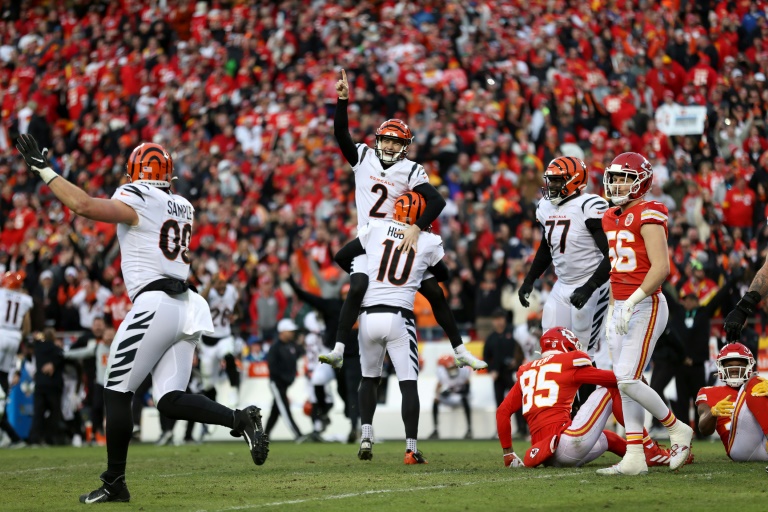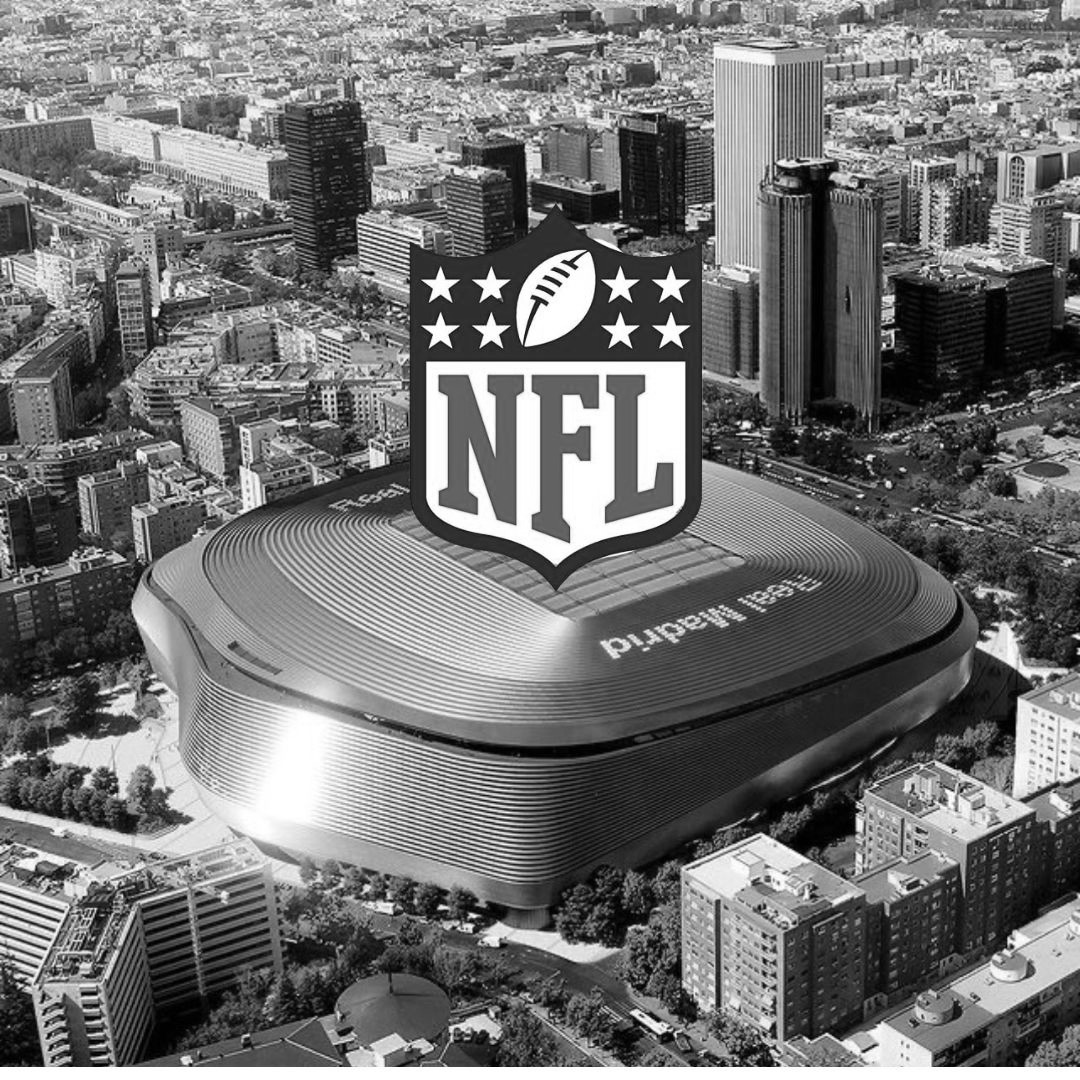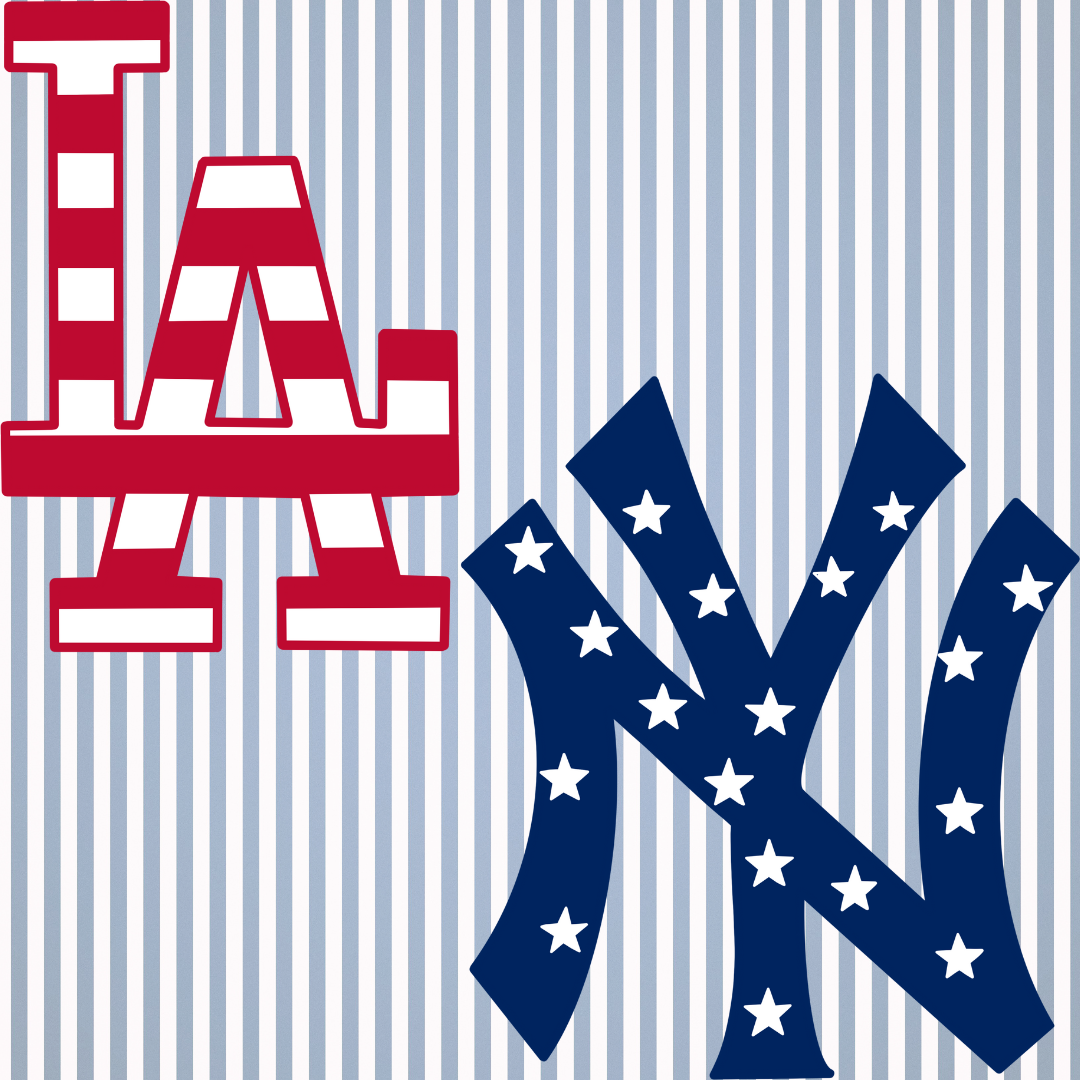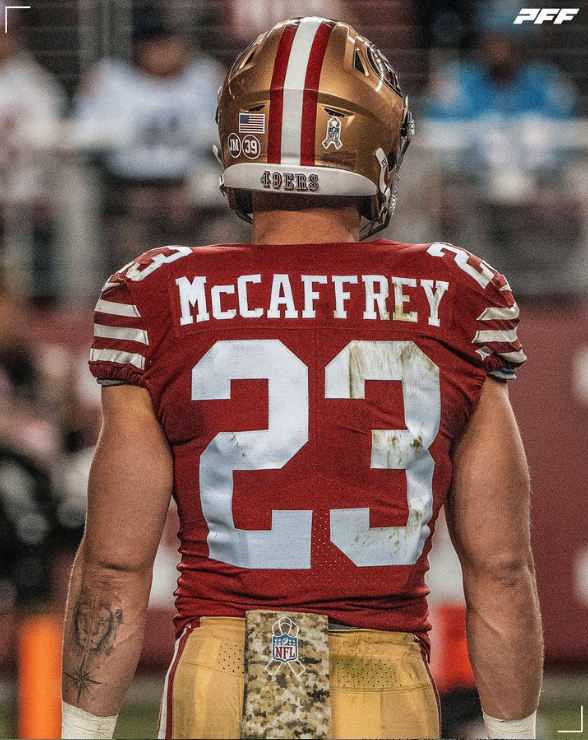My hometown of Colonial Williamsburg, Va., can in no way be called a lively or energetic place. Life there is simply quieter and slower, with the Virginia sun beating down on its victims so intensely that it feels almost necessary for one to take their time lest they desire to be drenched in sweat for the day.
However, seeing as I have grown accustomed to the rapid and chaotic pace of New York City life through my time at Fordham, I was driven to unfathomable levels of boredom by this more relaxed and deliberate way of living while back at home during the summer. There was no Yankees game to go to, no exciting new hipster restaurant to eat at and no avant-garde art gallery to talk pretentiously in. In short, one simply had to get creative in order to entertain oneself.
It was in this context that I found myself revisiting my own athletic past this past summer as I turned to watching my old varsity basketball highlights during a fit of severe boredom, pathetically indulging in my “glory days” to escape the crippling dullness of that present moment.
Wanting to start my admittedly sad soiree with the past off on a strong foot, I first pulled up the clip of the play that I believed to have been the defining moment of my basketball career, my ego salivating at the thought of being able to abandon the monotony of the day, basking in and reliving those few seconds of “greatness.” However, as my “highlight” played, I was struck by how boring it was. In the 15-second clip that was supposedly my legacy, my athletic peak one could say, I was confronted by nothing but a simple play that probably happens thrice in every basketball game.
At that moment, I was confused beyond explanation. I felt betrayed, as in my memories of that play, the entire gym was sent into hysterics by late game heroics: actions so great that they would have been a worthy subject for a Davidian painting. Yet, in reality, all I saw was a routine play during a blowout game that was only able to elicit cheers from my family and close friends.
This disconnect between my memories and reality quickly sent me into a spiraling panic, as my ego was suddenly plunged into fear by the notion that I was not as cool, suave or athletically savvy as I remembered. Thus, I attempted to watch more and more highlights in order to assuage this sense of consternation, but I only became more and more disheartened as my memories were time and again shown to have been acted upon by my mind’s desire to dramatize and monumentalize my own athletic feats.
As I fell further and further down the memory rabbit hole, I began to interrogate those sports memories of mine where I was a spectator, attempting to find out if these too were false constructions. And sure enough, reality once again tore through a false splendor, with those moments that I had remembered as being feats of divine athleticism dissolving into something much lesser: good plays that I had simply given some sort of fictitious sacredness in the process of memory construction. For instance, upon rewatching Evan McPherson’s game-winning field goal in the 2021 AFC Championship game (a play that is so terribly sacred to Bengals fans like myself), I was not met with the dramatic and Herculean 55-yard attempt of my memories, but instead a 31-yard chip shot that went straight down the middle. My memory was thus shattered, reality having rushed in to wash away the false melodrama I personally cultivated.
This long-winded personal anecdote then begs the question: where does this leave the sports lover? What can be said of those whose personal catalogs of “life-defining moments” are full of nothing but distorted memories whose dramatics and significance are nothing but projections of one’s consciousness? How can one begin to even grapple with the fact that what they hold sacred is simply a false idol carved out of the desire to ascribe some sort of grandiose significance to what we engage in?
Interestingly, I think my answer to these questions is that all this falsity actually leaves the sports lover in a better place. In a world where suffering is so terrifyingly normalized, where the detritus of modernization has begun to weight so severely upon the average man that one cannot help but label him as the new Atlas, where even the once consistent ebbs and flows of nature have become unruly and malignant, to have a mechanism by which we can find some happiness, even if built upon lies, is crucial. Sports can undeniably be this mechanism, acting as a memory-making machine through which we are given the foundations — moments of clear tension, of resounding victory and defeat and of triumphant human accomplishment — that can be used to mentally craft the monumental during memory construction. In essence, sports’ constant sense of narrative provides one with the clay with which an escapist paradise can be modeled.
Maybe this is why so many of us turn to sports again and again. We tune in game after game not just because they teach “life lessons” or provide a “sense of community,” but because they provide us the means to make an antidote to the problems of the “real world” that can be called upon again and again: false memories. They give us the chance to, down the road, enter, even if just for a moment, a different, less-troubled world: one where you did indeed stand on top of the world for a moment, where your childhood idol did indeed move heaven and earth to score the winning touchdown and where your hometown team really did shock the world.










































































































































































































